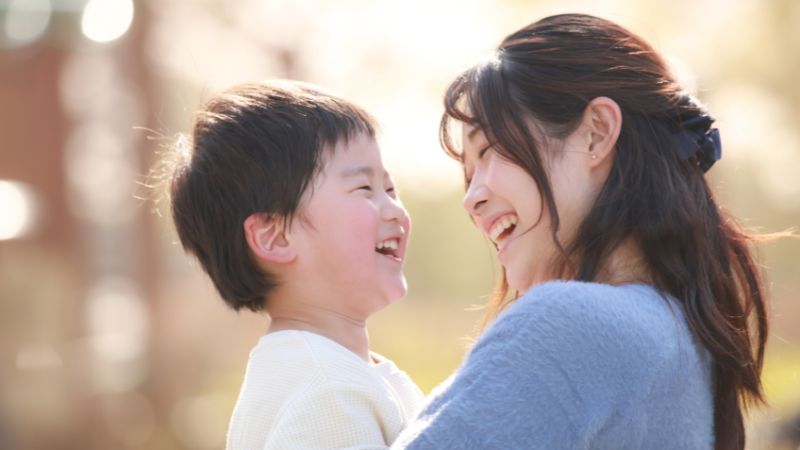It is important for children to have the freedom to choose their own friends. However, as they grow older, it becomes increasingly difficult for parents to control who their children spend time with, and whether these friends are a good influence or not.
In many cases, parents discover that their children have made friends with the “wrong crowd” and are naturally concerned about their child’s well-being. So, what should parents do if their child is spending time with negative influences? Read on to find out!
1 Understand Why Your Child is Attached to Negative Friends
As children grow into teenagers, their peers begin to have a stronger influence on them than their parents. Aside from family, they form strong bonds with their classmates and friends they meet outside of school.
Some parents find it difficult to detach their children from negative friends because these friends have a stronger hold on their child. Additionally, parents cannot take away what they cannot replace; they cannot simply replace their child’s friends with someone else.
 Understand Your Child’s Attachment
Understand Your Child’s Attachment
2 Don’t Attack Your Child’s Friends
It is natural for parents to feel angry and worried when they learn that their child is spending time with the wrong crowd. However, lashing out and attacking their child’s friends will only create tension and won’t solve the problem.
Instead of turning your anger into a personal attack, try to remain calm and focus on finding a solution. This will make it easier to advise and guide your child.
 Don’t Attack Their Friends
Don’t Attack Their Friends
3 Get to Know Your Child’s Friends
While this may seem counterintuitive, getting to know your child’s friends can be a great way to understand the situation better. Invite your child’s friends over for their birthday or during the holidays, and you may find that they aren’t as bad as you thought.
By creating opportunities to interact with their friends, you might discover that your initial judgment was wrong, and you could even develop a positive relationship with them.
 Get to Know Their Friends
Get to Know Their Friends
4 Encourage Your Child to Join Different Social Groups
One effective way to reduce your child’s dependence on negative friends is to encourage them to join various social activities and groups. Enroll them in swimming or martial arts classes, music lessons, or other sports teams, where they can make new friends with similar interests.
 Encourage Social Diversity
Encourage Social Diversity
5 Share Your Concerns and Stay Involved
Instead of criticizing your child’s friends, try to maintain an open dialogue with your child and express your concerns calmly. Gently point out any negative changes you’ve noticed in their behavior since they started spending time with this crowd.
For example, you could say, “Lately, I’ve noticed that you’ve been using foul language. This wasn’t the case before you started hanging out with this group,” or “You’ve been coming home later since you started spending time with T.”
 Share Your Concerns
Share Your Concerns
The above suggestions can help parents navigate the challenging situation of their child spending time with negative influences. We hope these tips will empower parents to take proactive steps in guiding their children towards healthier friendships!





































